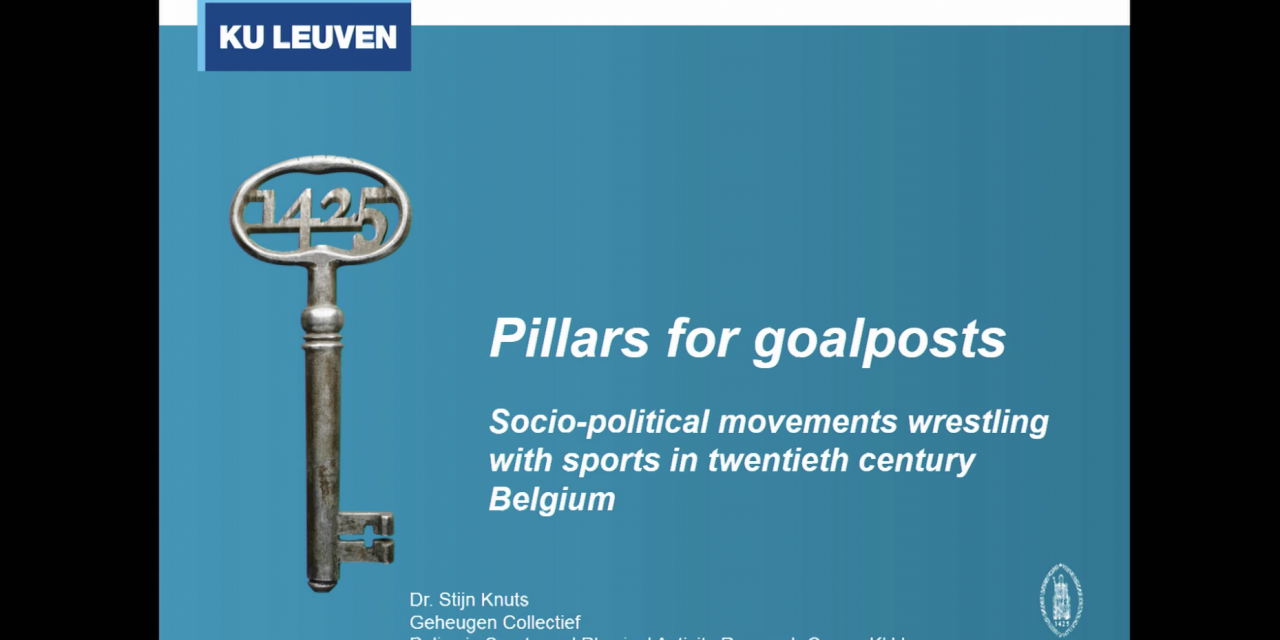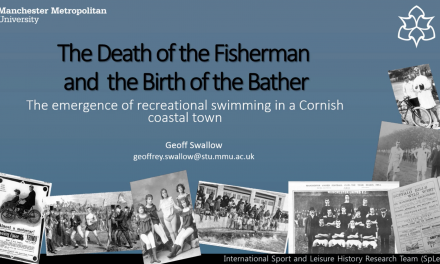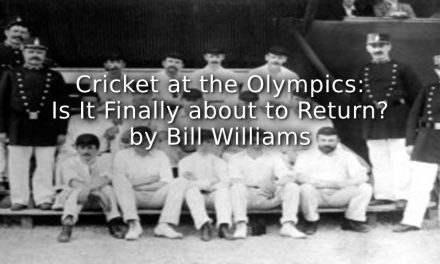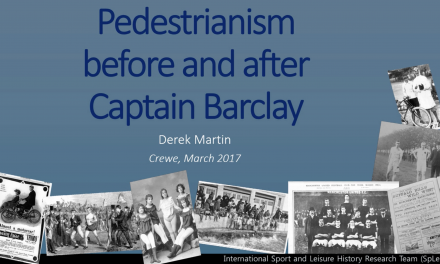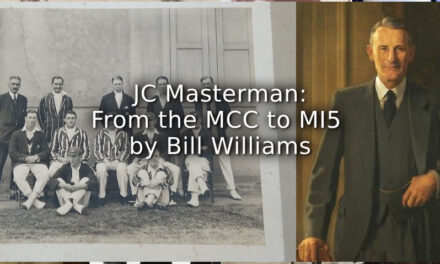Presented by Stijin Knuts
Two distinct developments determined twentieth–‐century Belgium. One was the growing importance of sporting culture. The other was the control the bilingual country’s Catholic, socialist and liberal movements tried to exert over all aspects of ordinary Belgians’ lives through political parties, trade unions or cultural associations, a process called ‘pillarisation’. This paper looks at how both developments intersected. The three socio- political movements reacted differently to sporting culture’s rise. Liberalism was closely intertwined with the central ideological tenets of this culture. The Catholic Church and socialism, on the other hand, both developed their own sports organisations in the interwar period. Analysing their activities, this paper shows how the need to affirm social control over their members’ lives in the face of a secular and commercial sporting culture was both movements’ main concern.
To do this, both Catholics and socialists developed sporting philosophies which addressed perceived shortcomings in mainstream sports, such as its capitalist values (socialists) or its worship of the body (the Church). In the everyday practice of these ‘alternative sporting cultures’, however, its participants seldom identified fully with the socialist or Catholic alternative they were offered. The pull of mainstream sports’ practice and consumption remained strong. Post–‐1945 consumer society changed how these ‘pillars’ defined themselves. This dynamic also influenced how they grappled with sporting culture which itself became more influential than ever. In the face of a growing ideological ‘depillarisation’, socialists and Catholics found it even more difficult to provide their members with alternatives to mainstream sporting culture.
Article © Stijn Knuts

